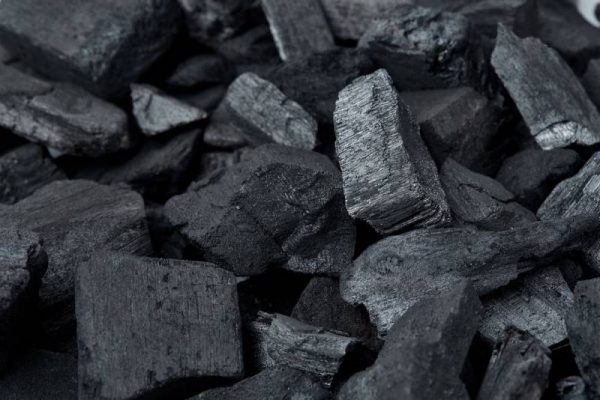The Federal Government of Nigeria has stated that charcoal trade is a threat to forest sustainability and livelihood in the country.
The Permanent Secretary, Ecological Project Office, Office of the Secretary to the Federal Government, Dr. Aishetu Ndayako, said this at the opening of a one-day stakeholders’ dialogue on charcoal production and forest conservation recently.
The event, organised by the Centre for Renewable Energy and Action on Climate Change and supported by EkoEnergy, was themed “Trade and Trees-Rethinking Charcoal Production and the Vanishing Forests.’’
Ndayako, who spoke on the topic “Charcoal Trade, Forest Loss, and Ecological Challenges in Nigeria, said that charcoal trade was a significant source of household energy for millions of Nigerians, particularly in rural and peri-urban communities.
She noted that the largely informal and weakly regulated trade had led to devastating environmental consequences, including deforestation, ecosystem collapse, and biodiversity loss.
“The paradox is that charcoal remains a significant source of household energy for millions of Nigerians, particularly in rural and peri-urban communities. With over 70 per cent of our population depending on biomass for cooking, the demand for charcoal has grown exponentially, both for domestic use and as an export commodity.
“Trees are felled indiscriminately, and entire ecosystems are degraded with minimal efforts at regeneration. Forests, which serve as our carbon sinks, biodiversity reservoirs, and cultural heritage, are under siege,” she said.
Ndayako highlighted some strategic shifts that must be taken to forge a coherent and inclusive response.
According to her, there is an urgent need to harmonise national policies on forest and biomass energy and to empower enforcement agencies to regulate charcoal production and trade effectively.
“Sustainable forestry can only be achieved with the active participation of local communities. We must incentivise tree planting, agroforestry, and community-managed woodlots. Forests must be seen as renewable assets, not disposable resources.
“We must scale up the transition and access to cleaner energy sources such as LPG, ethanol, biogas, improved biomass briquettes, and solar cookstoves, particularly in the rural, peri-urban vulnerable communities,” she added.
She said that EPO was committed to providing sustainable solutions to Nigeria’s ecological concerns and supports dialogues that bring together key stakeholders to forge a coherent and inclusive response to the charcoal trade and forest degradation.
Eco-tourism packages
The Minister of State for Education, Prof. Suwaiba Ahmad, said that forests were vital to the planet’s health such that they absorb carbon dioxide, regulate the climate, and support rich biodiversity in Nigeria.
Ahmad, represented by the Asst. Director of the Environmental Science Education Technology and Science Education Department, Aminulai Modupe, emphasised the need to integrate environmental education into the national curriculum.
She asserted that it would raise a generation that valued conservation and understood the environmental cost of unsustainable practices.
The minister said that beyond basic and secondary education, the ministry had launched the Diaspora Bridge Initiative aimed at strengthening research and collaboration across tertiary institutions, including science, technology, engineering, and mathematics-medical.
She called on stakeholders to support community workshops and outreach initiatives that promote charcoal production techniques.
“Students are learning about tree life cycles, biodiversity, and the importance of sustainability from an early age,’’ Ahmad said.
Earlier, the Executive Director of CREACC-NG, Usman Muhammad, stated that as the largest producer of charcoal in Africa and the second-largest globally, Nigeria faced significant environmental challenges.
According to him, there is an alarming rate of deforestation and tree cover loss, especially in the Savannah woodland of Niger, Taraba, Benue, Kwara, and Kogi states.
“One million, five hundred thousand trees are lost every day, contributing to a 3.5 per cent deforestation rate annually. This leads to significant CO2 emissions, biodiversity loss, drought, land degradation, desertification, and health issues from inefficient production methods,” he said.
Mohammad urged stakeholders to work together towards a sustainable future, adding that the dialogue marked the beginning of a collective effort to address these pressing issues.
He said that the centre was committed to hosting a National Summit in June 2026 to further discuss these pressing matters.















